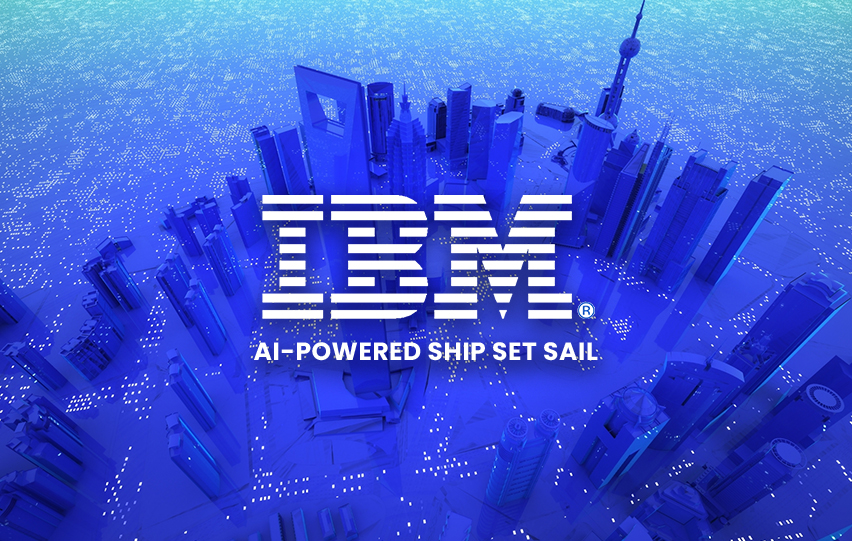The news about the marine research ship Mayflower Automated Vessel was released on June 19, 2021. It is the first-ever autonomous vessel, and IBM tech played a major part in its development.
The sailboat will travel the same oceanic path as the real Mayflower on its first voyage. This contemporary Mayflower, on the other hand, will collect crucial ocean data on the effects of climate change and contamination so that marine scientists may better understand and preserve our seas.
After 4 centuries and a year after the Mayflower set sail from Plymouth, England, on a legendary maritime trip to America, another vessel with the same name has set sail to repeat the route.

This Mayflower, on the other hand, is a sleek, contemporary robotic ship with no human crew or passengers aboard. In a project intended at transforming maritime research, it's being piloted by advanced artificial intelligence for a trans-Atlantic journey that may take up to three weeks.
The Mayflower Automated Ship started its journey on June 15, 2021, according to IBM, which developed the ship with nonprofit maritime research group ProMare.
“To celebrate the 400th anniversary of the legendary voyage, MAS will trace the route of the original 1620 Mayflower,” IBM said. “It will be one of the first full-sized, totally autonomous vessels to cross the Atlantic, sailing from Plymouth, the United Kingdom to Plymouth, Massachusetts, with no human captain or onboard crew. The expedition will advance the development of commercial autonomous ships and contribute to the transformation of maritime research in the future.”
The software for the crewless ship was co-engineered by IBM and ProMare and consists of three levels of technology: sensory inputs, real-time predictive analytics and data, and a judgment generator.
Experts from IBM and ProMare used petabytes of data to train neural network models and write rules-based decisioning for the judgment engine, allowing the ship to react to a dangerous maritime environment without the need for human involvement.
While making important split-second choices, it follows maritime law. It reroutes itself to avoid inclement weather. It gathers and analyzes huge volumes of data from the ocean. And it does it all 24 hours a day, seven days a week.
The Climate Company, which IBM acquired in 2016, has been consulting on the Mayflower's departure timeframe. The Mayflower was awarded permission to travel into space earlier this week.
MarineAI created Mayflower's AI captain, which takes advantage of IBM's synthetic intelligence capabilities. The AI was specifically programmed to avoid seagulls since they seemed to be well-organized items and caused Mayflower to take unnecessary steps to move around them.
Mayflower's development could potentially be tracked using a dashboard created by IBM's digital arm, iX. According to a release, Mayflower 2.0 will not be entirely reliant on wind energy and will instead use a wind/solar hybrid propulsion with a backup gas engine.
For navigation, the innovative ship foregoes a compass and nautical charts in favor of a state-of-the-art GNSS control system with SATCOM, RADAR, and LIDAR.
















